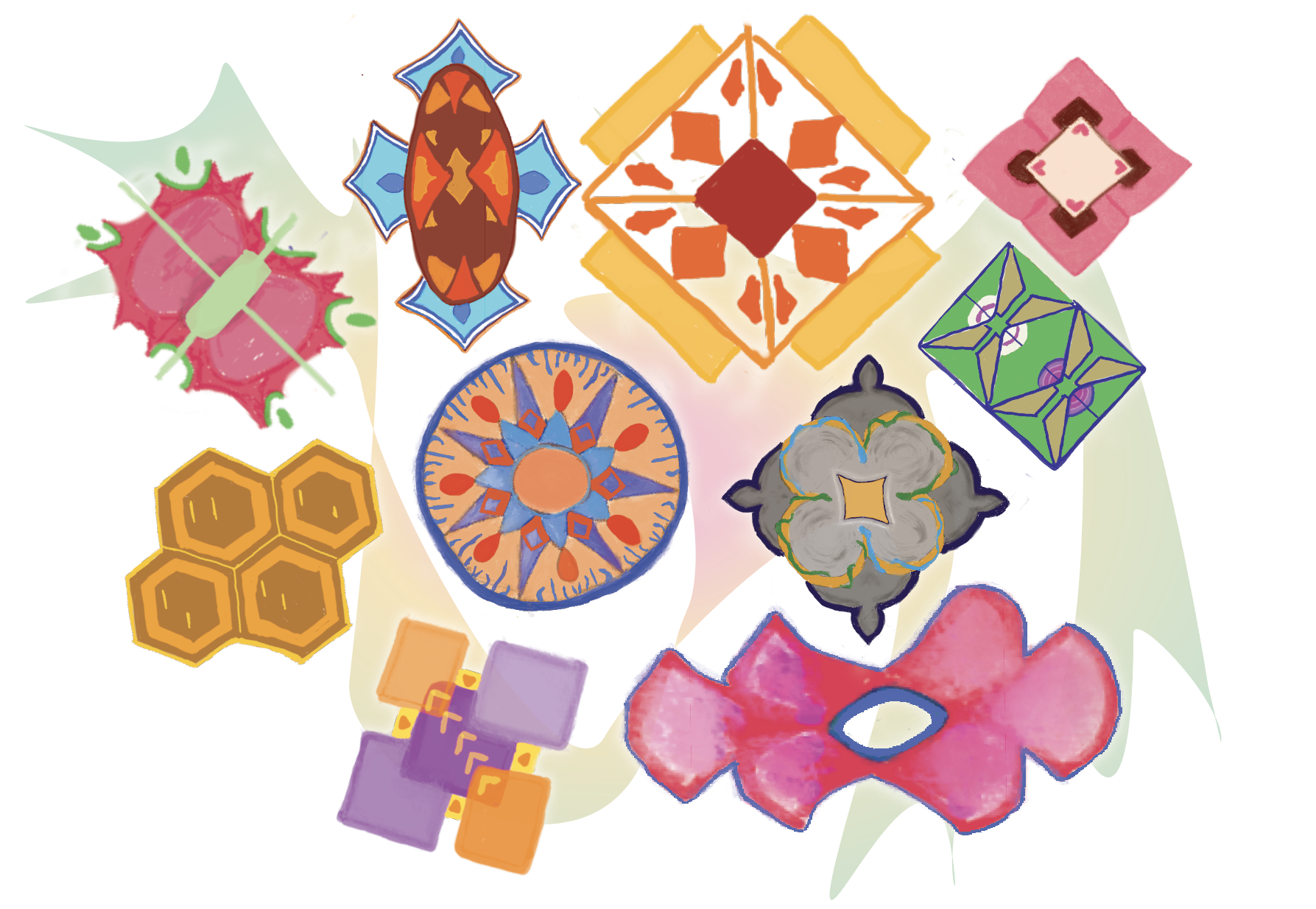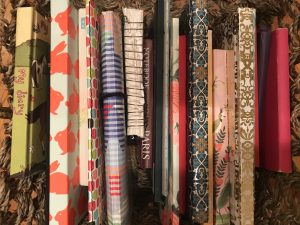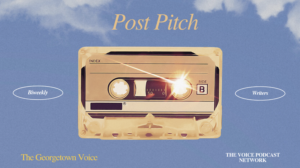Of all the ways I have changed in the past few years, my new fondness for the short story has been one of the more unforeseen changes. This was not a sudden shift, but rather a gradual phenomena I noticed in my reading habits: the sneaky dominance of short story collections in my record of books I’ve read. In the past year, I’ve enjoyed Ling Ma’s slanted realities in Bliss Montage, Bora Chung’s chilling modern fairy tales in Cursed Bunny, George Saunders’s comic satires in Pastoralia, and even explored collections by authors better known for their long-form works like Ray Bradbury and Shirley Jackson.
For many years, I had an unjustified dislike of short story collections. As an aspiring writer in middle and high school, I was consumed by the notion that a writer must pen novels and only novels. Full-length books were infused with a sense of legitimacy and accomplishment that was then stripped from short fiction. The types of stories I envisioned, however, were better suited for the format of short stories. By shedding the misconception that I must stretch out inspiration to write a book, I was able to write what I wanted to write.
It took some time for my reading habits to catch up, but evidently, the exposure to short story collections has converted me. And why shouldn’t it? Short stories are delightful.
And yet I have been told repeatedly by professors and published authors alike that short stories don’t sell. This wasn’t told to discourage me from writing them, but was rather offered as a sort of resigned comment: an accepted tragedy of the publishing industry.
Writing is an art, but it is also a business. Although self-publishing has soared in popularity over the past decade, most books still arrive on bookstore and library shelves through the gatekeepers of the literary world: publishers. In the 20th century, short stories were published and widely read in magazines such as Harper’s and The Atlantic. As the century drew to a close, magazine readership dwindled, fiction reading habits shifted, and short stories’ popularity faded. Readers today are more interested in novels, and publishers have taken note. They look at what will sell when making decisions about which books to buy. Lacking the cohesion and sequel potential of a novel, short story collections often fall through the cracks as publishers prioritize economic successes.
But putting economics aside, there is a wonderful beauty to the short story.
With no hard rules on length, short stories can span from a few sentences to tens of pages. Free from the space requirements of a novel, the core element of a short story is brevity. It must avoid convoluted plots and unnecessary descriptions, focusing only on the essentials to bring a story across. Every word must count.
Despite this, there is a reason they are not called “shortened” stories. Some stories work best in a compact format, exploring premises that are intriguing, but with too narrow a scope to warrant a whole book. These short and sweet plots fit perfectly in a few pages, creating rich characters, situations, and worlds. In contrast to reading a book over multiple days or weeks, I can finish a short story in a single sitting and be completely immersed in the story. Whereas novels leave me thinking about their themes and characters, it is the plots of short stories that stick with me after I have moved past the final word. These are not stories that attempt to grapple with world-ending stakes or globe-trotting adventures, but instead ones that examine an intricate sliver of life.
In one of my favorite stories, John Cheever’s 1964 “The Swimmer,” a man fancying himself an explorer decides to swim home through the pools of his wealthy suburban neighborhood. In under 5,000 words, Cheever masterfully guides the reader along the protagonist’s journey and slowly shifts the story’s tone, turning a simple premise into a much deeper, darker narrative. In “The Embodiment,” by South Korean writer Bora Chung, a woman gets pregnant from her
birth control and is informed that if she does not find a father for her baby, the baby will not develop properly. The story focuses on the essentials, the protagonist, and the absurd situation she is trapped within, leaving the reader absorbed in a gruesomely satiric story for all 27 pages.
These are stories that don’t overstay their welcome; free from the pressure of expanding into a novel, their premises can be explored without inflating simply to achieve a page count. Novels can, of course, also be concise masterpieces, but short stories more often take on the unique, underappreciated task of making complex themes and ideas accessible and equally thrilling.
Short stories have also made their mark on culture outside the literary world. The genesis of films like 2001: A Space Odyssey (1968) and Brokeback Mountain (2005), as well as more recent ones like Arrival (2016) and Drive My Car (2021), can all be found in short stories.
In the busy life of a college student, short stories are the perfect length to fit into an already crammed schedule. The prospect of completing a 300-plus-page novel can be daunting when considering the hundreds of pages of readings assigned from classes. Short stories, in contrast, offer no such pressure. Their short length makes them perfect to read in between classes, sitting in the metro, or before bed. While bookstores may have a smaller collection of short stories, you can find plenty in literary magazines and journals, which publish both online and in print.
This is not to say that short stories are superior to novels; just as short stories have their own specific qualities that make them special, so do long-form narratives. But as novels have less trouble flying off the shelves, we should all give this unappreciated literary form a little more love. If this article was the perfect length for you, I know just what you should read next.





